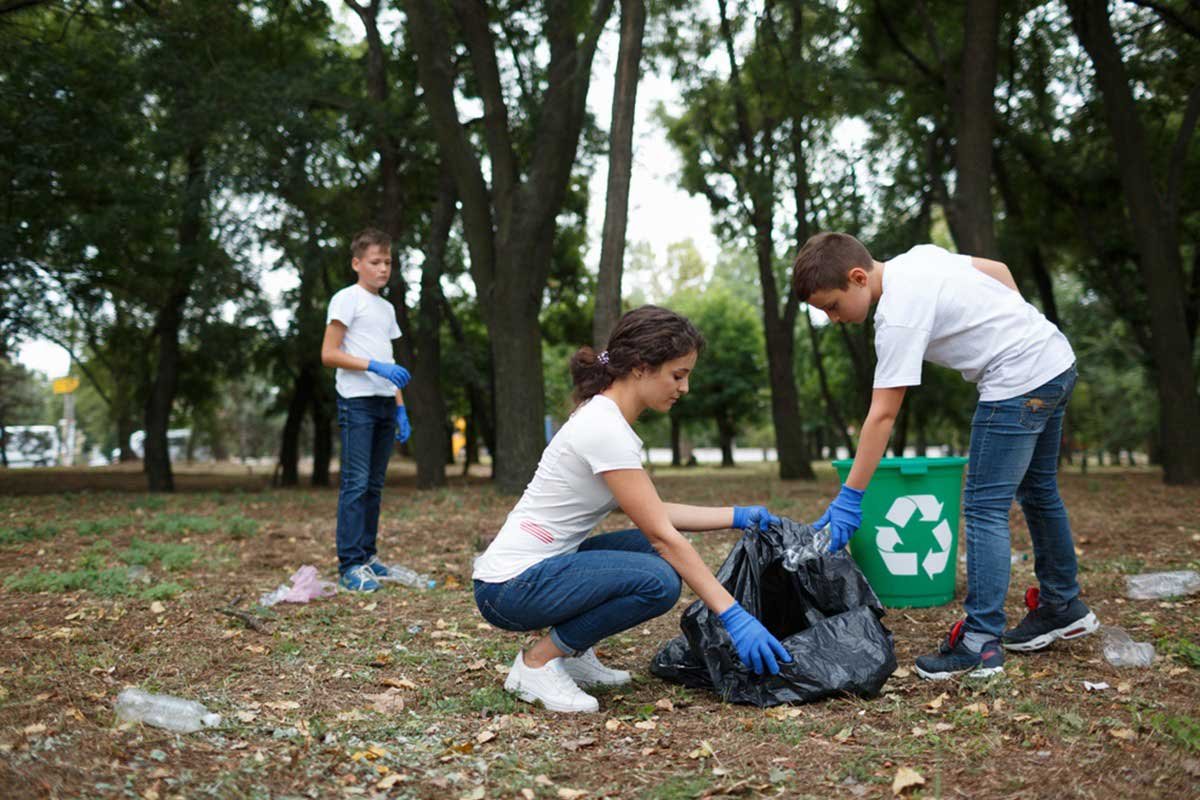Find Out How You Can Join The Plastic-free Movement
The packaging and plastic-free movement has grown in popularity in recent years with zero-waste shops popping up all over and reusable water bottle sales soaring. It’s definitely becoming easier to go plastic-free, but it’s still not fully accessible, so here are a few tips and tricks to help you join the plastic-free movement:
- What is the plastic-free movement?
- Getting into the plastic-free mindset
- Easy swaps to get you started
- Plastic-free supermarkets and other ways to shop
Let’s give some love to Mother Nature and say goodbye to polluting plastic…
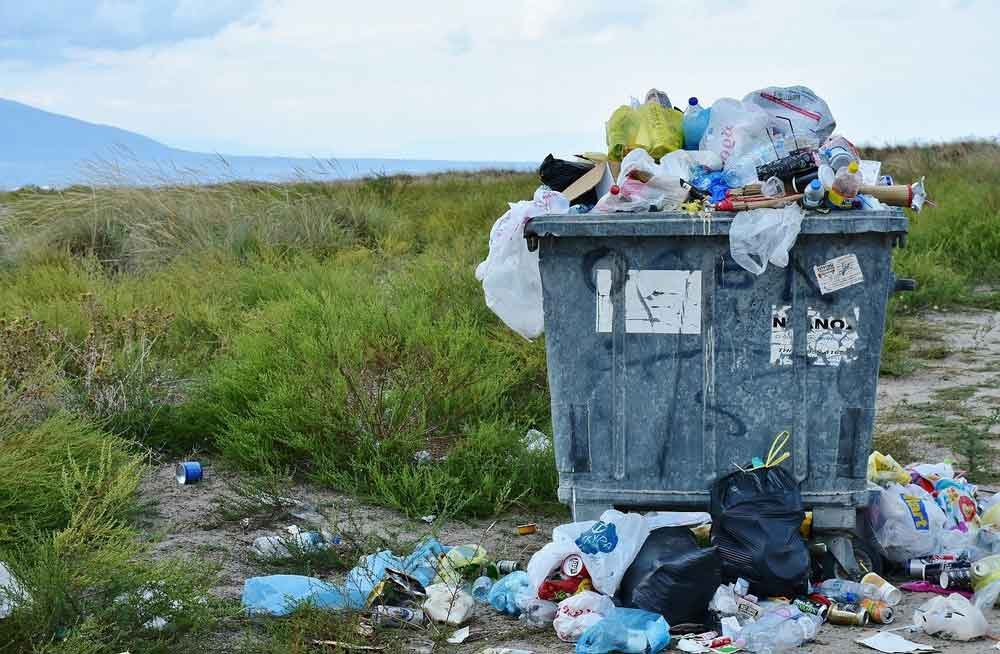
Plastic-free July may be over, but that doesn’t mean your commitment to going green and sustainable must be as well. The number of people concerned about climate change and working to be kinder to the environment is only growing, so let’s find out how you can continue to help.
What is the plastic-free movement?
Did you know a landfill of plastic can take up to 1000 years to decompose? And it’s estimated that a plastic bag alone can last 20 years before disintegrating. Plastic is a relatively new but incredibly polluting substance, so going without it is going to help.
There’s no one person or organisation in charge of the plastic-free preference. The whole movement is more of a global call to action driven by random individuals. You might have already seen their results in the form of paper straws, bags for life and the increased sales of reusable water bottles. But the overall aim is to reduce the production and use of single-use plastic items.
To educate the population, events like Plastic-free July have popped up and have seen some success in their actions. For example, their most recent impact report suggests that up to 326 million people are inspired by the movement to join in.
Events and actions like these are the reason you’ve seen those small changes, and why more zero-waste and plastic-free supermarkets are becoming more popular. However, awareness is only the first step. The next and possibly hardest step is to join the plastic-free movement yourself.
Getting into the plastic-free mindset
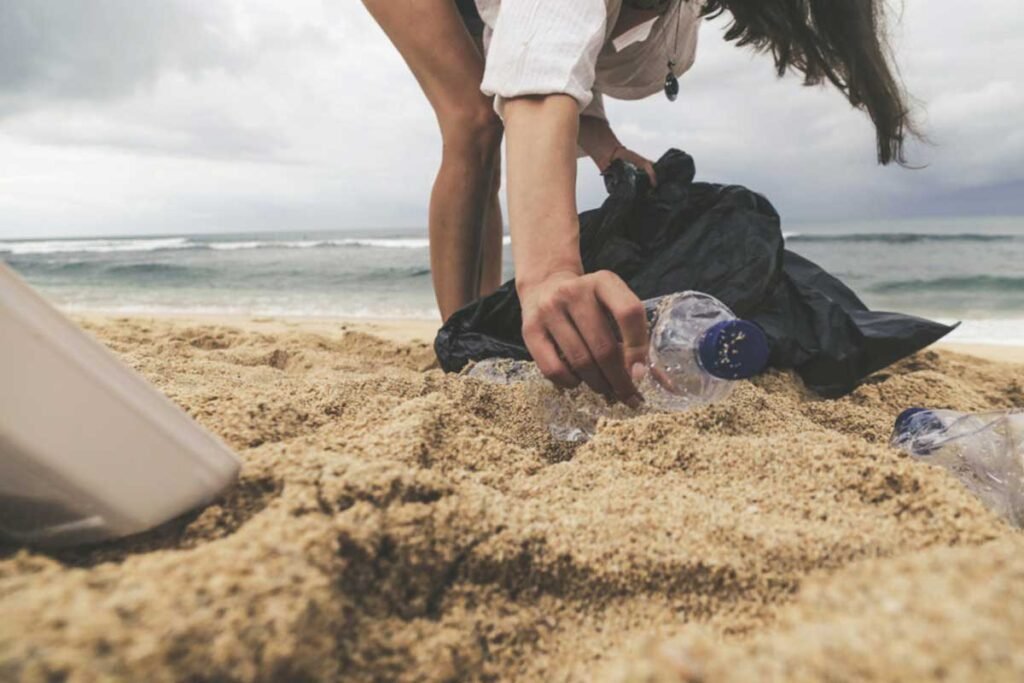
Yes, going plastic-free is more difficult than you think. You’ve got to get into the mindset and consider how you shop and live your life. After all, there are single-use items in every room of your house! So, how do you adopt the plastic-free idea? We have listed few tips to get you started:
- Start slow
Don’t feel you have to go all-in immediately – that’s a recipe for disaster. Instead, make small changes. For instance, take your own bag to the supermarket or swap that single-use water bottle for a reusable metal one. It’s all about the gradual change to ease yourself into it.
- Get swapping
Some items are much easier to find alternatives for. For example, paper bags are excellent for fruit and veg produce and can be recycled or composted. Check the labels on your existing purchases first, on most it should say if you can pop it straight in the recycling bin. For those that you can’t, swap them out on your next shop with a product that does have recyclable packaging.
- Reuse to reduce
Glass and metal containers are perfect for reusing, so are some plastic ones. Just think about how you could use them again before throwing them in the recycling.
- Spread the word
The plastic-free movement isn’t all on you, after all. Give your friends a little nudge or buy them reusable water bottles to get them started. The more people joining in, the better.
Easy swaps to get you started
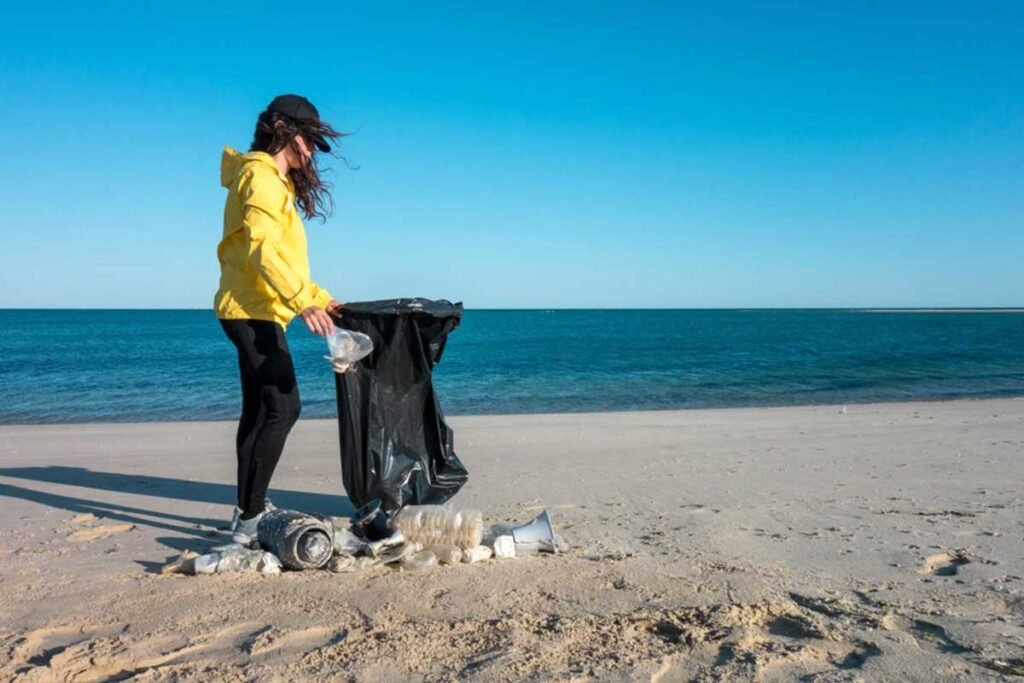
Like we’ve said, learning how to shop plastic-free isn’t an overnight job. It takes time and a bit of effort, so let’s start easy:
- Metal water bottles are a no brainer – they’re reusable, sustainable and keep your drinks cooler for longer too.
- Coffee cups are misleading. They look like paper or cards, but they can have a thin plastic film to protect structural integrity. A lot of places sell reusable coffee cups these days, and many shops off discounts if you bring your own.
- Carrier bags or totes? Tote bags are infinitely better for the environment since they’re reusable, repairable, and honestly, a lot snazzier to look at half of the time.
- Go for the paper straw. Some people need to use straws because of disabilities, so we shouldn’t forego them completely.
- Alternative food wraps. While not vegan, beeswax wraps are the sustainable alternative to films and foils. You could also go for glass containers for larger items.
- Refill your cleaning products, don’t replace them. Many suppliers now offer much smaller, just-add-water refill packs for their all-purpose cleaners. These allow you to reuse the bottle again and again with a fraction of the wastage. Alternatively, why not make your own cleaning solution?
- Try shampoo and soap bars. Coming in simple cardboard packaging, these bars of soap are reminiscent of olden times, but smell significantly better and are more suitable for modern-day skin and haircare. Just use your hands to lather up and buy a new bar when the old one is used up. It’s waste-free.
Plastic-free supermarkets and other ways to shop
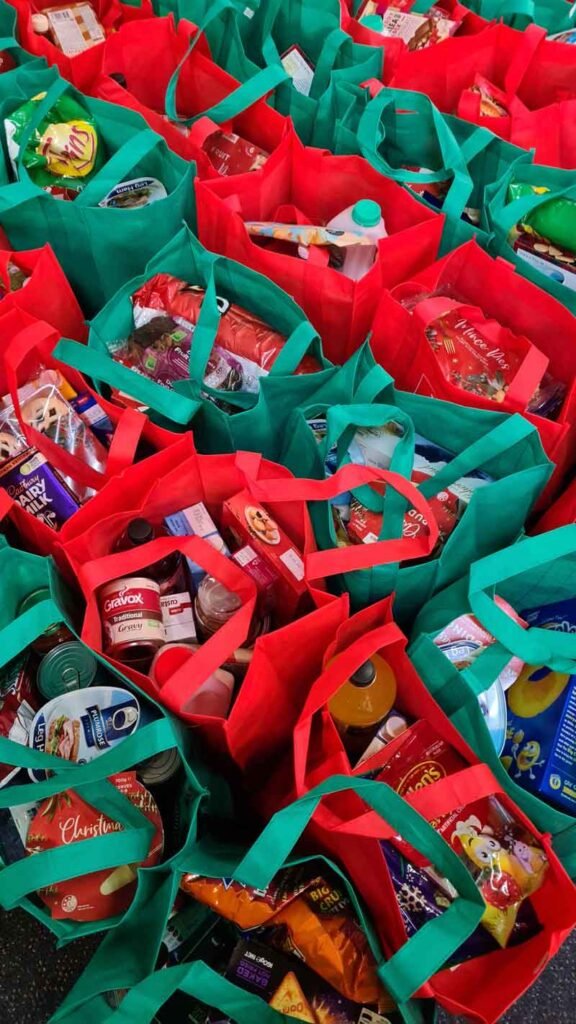
These kinds of stores are for the more advanced plastic-free person as they require a significant amount of pre-planning. You need all your own containers and bags and need to be prepared to lug them all around the shop. It’s a lot.
However, often, these plastic-free supermarkets and stores are small independent retailers. This means they’re part of the movement – they’re friends! So, they’re well equipped to help, and the store should be laid out for optimal browsing.
If there are none of these shops locally and you’re wondering how to shop plastic-free without one, it’s simple. Go to the local farmer’s market.
Joining the plastic-free movement is in no way an extreme or remarkable act. A lot of forward-thinking businesses are adopting more sustainable and plastic-free practices in their manufacturing and workplaces anyway. But every little action does help and reduces the amount of single-use plastic pollution. So, why not go beyond the designated plastic-free July month and give Mother Nature a helping hand?

